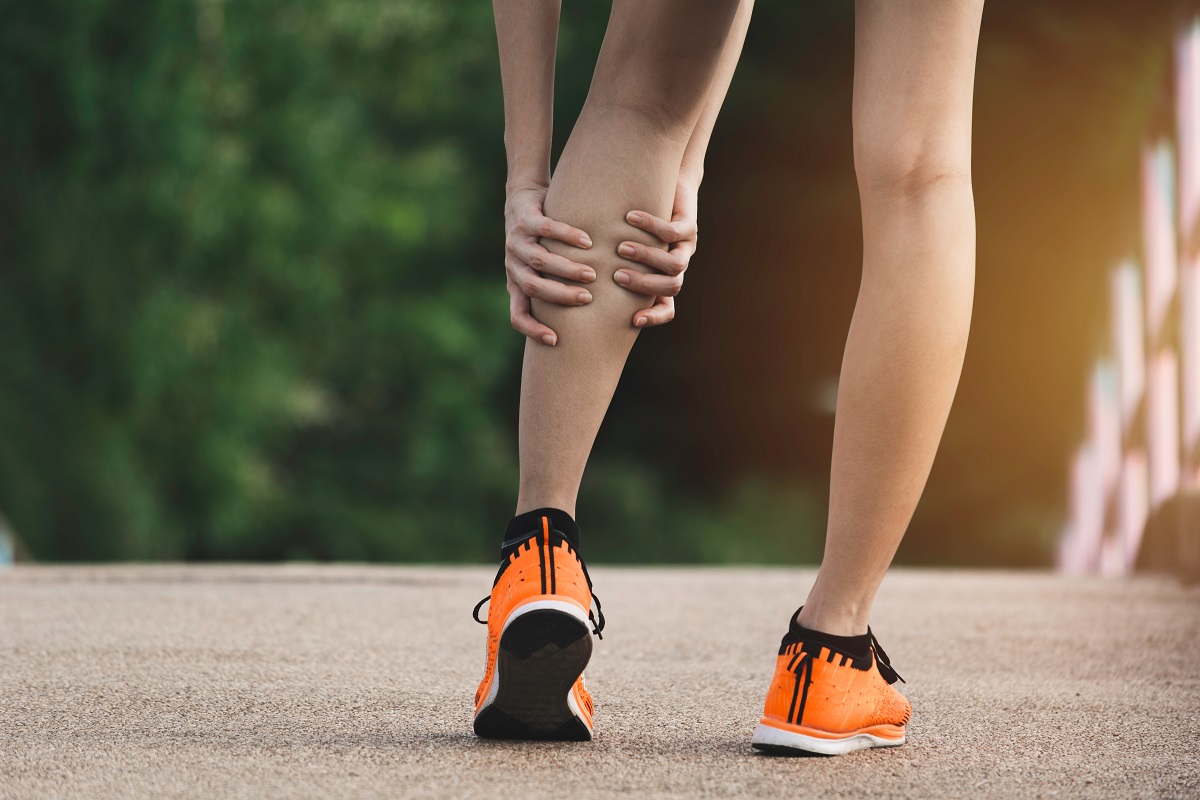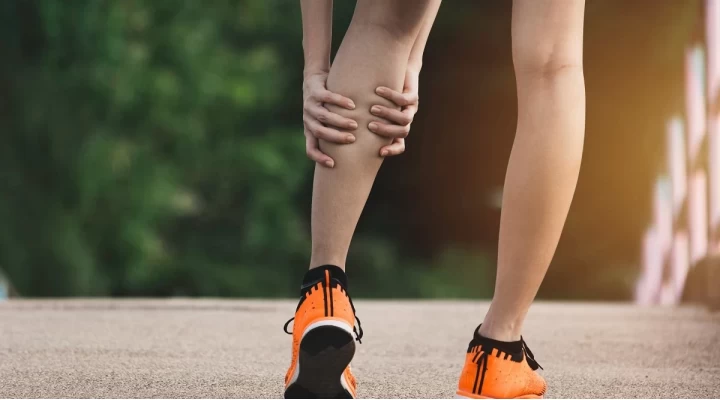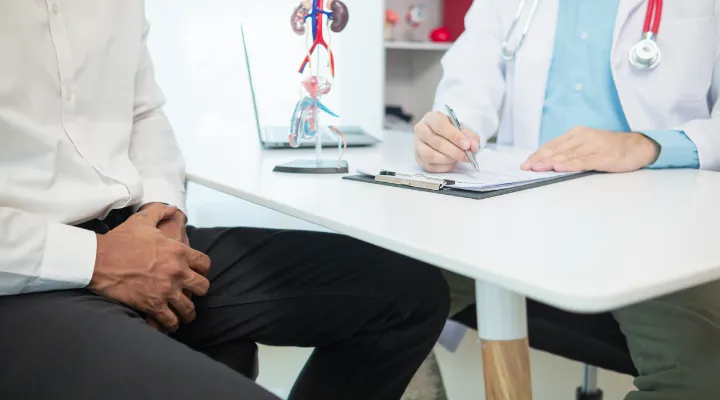A lot of people fall into the trap of overdoing it during a workout session and running the risk of muscle injury. How can you avoid overexercising and prevent sore muscles? Read on for expert advice from Dr Judit Pulai, our resident rheumatologist.

- Always warm up properly and do a thorough stretch post-workout too.
- Whether you're completely new to working out or switching to a new type of exercise, build your training sessions up gradually.
- Assess your own fitness levels and boundaries, do not overdo it.
- Be persistent: regular exercise can help prevent injury.
- Stop what you're doing immediately if you experience sharp pains!
- Post-workout rehydration and consumption of nutrient-rich foods is very important.
- Allow your muscles time to recover: take rest days, get enough sleep, and schedule a weekly or bi-weekly massage.
What should you do if you still experience muscle pain?
If you overwork your muscles, you may experience any of the following types of muscle pain:
- Sore muscles
Having sore or aching muscles may be uncomfortable, but it isn't actually dangerous. You can relieve the pain with alternating hot and cold showers, compressions, sports creams and massage. Recovery workouts can help, but keep it light in the first few days. We recommend swimming, yoga and walking.
- Muscle cramps
Cramps usually pass after a few minutes, so there is no need to worry. Stretching, massaging, applying heat and taking calcium-magnesium supplements are recommended for relieving the pain.
- Strained, torn or sprained muscles
Strained, torn or sprained muscles always happen as a result of a fast, unexpected and sudden movement. This type of injury is extremely painful and should not just be shrugged off: stop your workout immediately, rest the injured muscle, ice the area and elevate it. If you see signs of inflammation, such as swelling, redness, discoloration or a sensation of heat, you should see a doctor.




